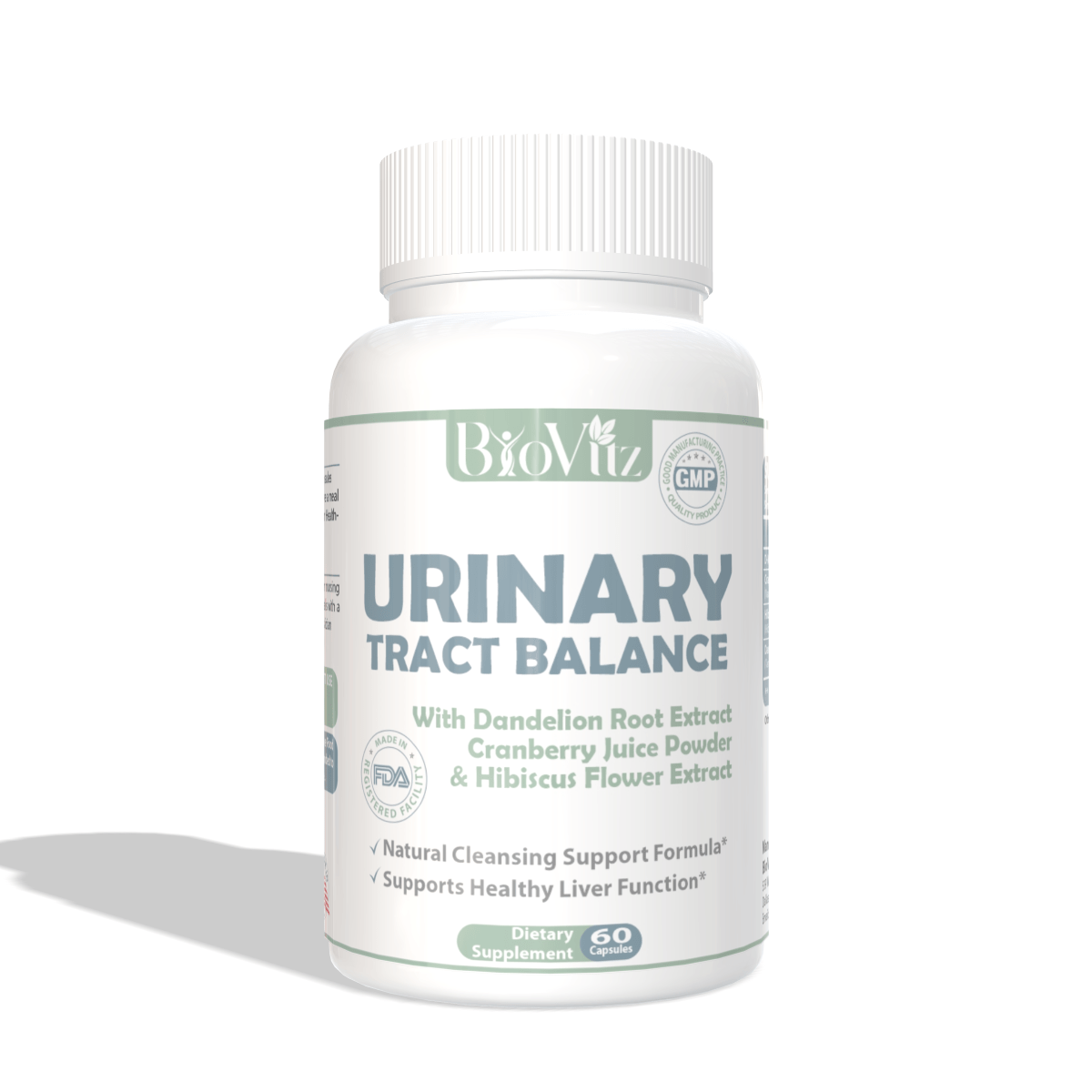Revamp Your Morning Routine for a Positive Mindset
Start your day with intention. Instead of diving into emails, kickstart your morning with a workout. I used to wake up to a stress-inducing message from my boss, but a simple change transformed my stress levels. Now, I prioritize my well-being before facing the digital chaos.

The Impact of Digital Stressors on Mental Health
“Our phones bring stressful environments into our homes,” warns Dr. John Torous. Learn to be mindful of digital stressors and how they affect your life. Take control and set boundaries to protect your mental well-being.
Unveiling Habits That Sabotage Your Peace of Mind
1. Breakfast Choices Matter
Don’t underestimate the power of a nutritious breakfast. Dr. Shanna Levine emphasizes the impact of simple carbohydrates on energy levels. Opt for protein-rich options like a fruit and nut butter smoothie or an egg sandwich with avocado to sustain your energy throughout the day.
2. Externalize Your To-Do List
Keeping tasks in your head drains energy. According to Dr. Torous, offload the mental burden by jotting down your to-do list. Whether on paper or through apps like Evernote, externalizing tasks provides relief and mental clarity.
3. Prioritize Real Human Connections
Social media isn’t a substitute for real human interaction. Dr. Torous advises scheduling phone-free activities to foster genuine connections offline. Cultivate relationships that contribute positively to your well-being.
4. Exercise for a Mood Boost
Embrace the power of exercise to release endorphins and improve your mood. Dr. Levine recommends starting with moderate-intensity activity for 30-45 minutes, finding a sustainable routine that fits your lifestyle.
5. Maintain a Consistent Sleep Schedule
Irregular sleep patterns elevate stress. Dr. Torous highlights the importance of quality sleep for mental well-being. Aim for at least eight hours of uninterrupted sleep, creating a calming pre-bedtime routine to enhance relaxation.
6. Embrace Mindfulness to Alleviate Stress
Take a moment daily for mindfulness. Dr. Levine suggests acknowledging and accepting stressors through mini-meditation. Reflect on what’s bothering you, calmly let it go, and experience a less stressful day.
7. Don’t Abandon Healthy Habits
When life is good, it’s easy to forget the habits that got you there. Dr. Torous warns against quitting practices that contribute to your well-being. If a habit made you feel your best, stick with it to prevent relapse.





















